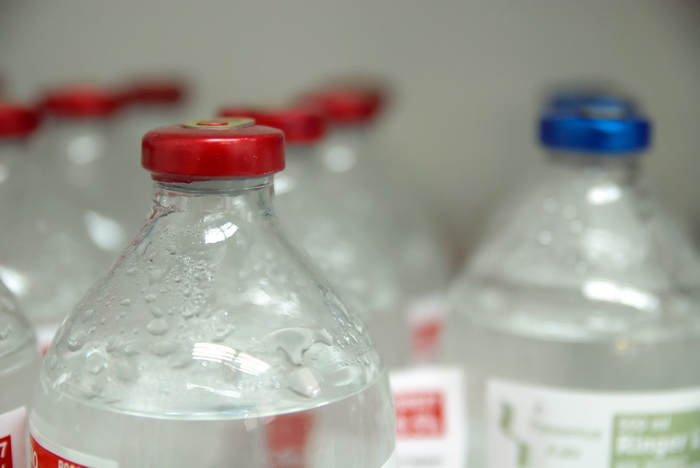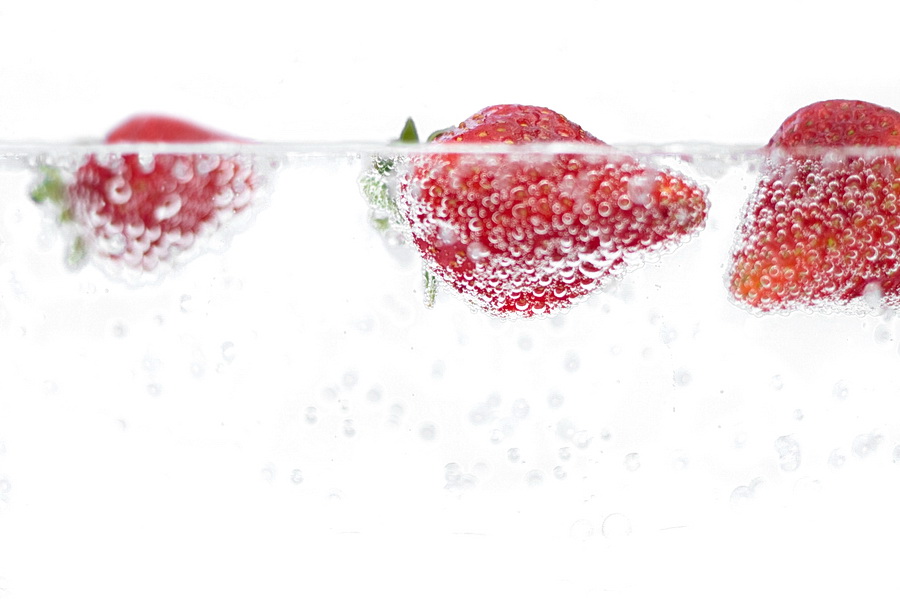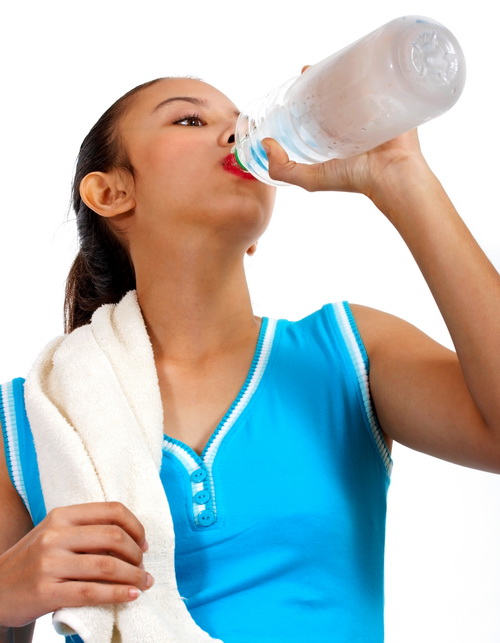
Studies have been quite harmonious about the benefits of drinking water and the daily need for this natural nutrient, but how much is too much? There have been ongoing debates regarding the amount of water our bodies should consume.
Let’s start out with an unequivocal YES to the question – is drinking a lot of water healthy? Water is the healthiest nutrient you can consume and here is no dispute on the vitality of water for human existence and survival. Experts agree that the more water you drink, the better it is for you, but with that said, even for an average healthy adult, there are disagreements on identifying the right amount of water to drink every day. So let’s take a more detailed look at just how much water the average individual should consume each day.
Prevalence of the 8×8 Rule and Its Shortcomings

Most of us have heard the advice to drink eight glasses of water a day and it is good advice, especially if you are looking to lose weight. If we delve into the details of this recommendation a bit more, a single glass of water should be eight ounces (around 230 millimeters), hence the term “8×8”. This suggestion roughly equates to the consumption of around two liters of H20 on a daily basis.
Even though this recommendation is extensively boasted by drinking water companies in their marketing and promotion campaigns, the truth of the matter is that there is no substantial evidence and research to validate this widespread advice.
In contrast, studies suggest that drinking this much water might not be healthy for a majority of individuals. For instance, one of the major flaws with this claim is that it doesn’t account for the other ways to hydrate the body. We humans fulfill a significant amount of our daily water intake through other means.
Water Intake Through Foods

Like every hard organic item, the foods we eat contain a proportion of water. Vegetables and fruits are particularly rich in H20, with some of them (strawberries, watermelons, in particular) having more than 90 percent of their weight contributed to the presence of water.
Even though every food item differs in its water content, all of our daily meal plans contain a considerable amount of water. As per the data furnished by The National Academies of Sciences (Health and Medicine Division), the average US citizen consumes around 20 percent of his/her daily water requirement through chewable foods.
So, the “eight glasses of water a day” doesn’t take into consideration this one-fifth daily fulfillment of H2o consumption through meals.
Water Consumption Through Beverages
The 8×8 formula is also flawed because our bodies get hydrated with various other liquids other than pure water. Even if alcoholic beverages are excluded, we get a lot of H2o in the form of juices, tea, coffee, carbonated drinks, and milk. There is no truth to the belief that coffee induces dehydration in the body. Caffeine drinks certainly have other side effects on the human body, but dehydration is not one of them.
The Right Amount of Water Intake

It is quite clear that water should not be consumed through definite measured values because we continue to hydrate ourselves inadvertently through foods and other drinks throughout the day.
In addition, determining daily water consumption based upon our particular metabolism is another factor. In general, water needs of the body can be altered due to these factors:
- Weather: Our body dehydrates profusely in hot and humid weather so we have to increase water intake in this type of environment.
- Physical Activity: The intake of water varies with every individual depending on the levels of their physical activity.
- Health Condition: Your health also dictates the amount of water you need to consume. There are some medical conditions (fevers, diarrhea, kidney stones, bladder infections, dry mouth, etc.) which require much more water intake.
Apart from these factors, age, weight, and lifestyle also differentiate the need for water. Don’t look elsewhere for the ideal recommendation of your water needs. Your own body can guide you better in this regard instead of some arbitrary suggestion, but to get a real determination of how much water your bodies needs, speak to your medical professional and for those who have health conditions, speaking to a qualified medical professional should be a requirement.
In a healthy individual, the body naturally starts to feel thirsty as its hydration levels drop. So drink whenever you feel thirsty. Furthermore, the color of your urine can also tell you about your water needs. Urine of darker yellow color indicates that you are dehydrated.
Sweating is another sign to hydrate yourself, even if you are not feeling thirsty. The crux of this discussion is not to exhaust yourself in counting the number of glasses of water you are imbibing every day. Follow your body and drink whenever you feel like it. You would be successful in hydrating your body.
In conclusion, even with the additional sources of water contained in foods, the 8×8 recommendation is still a good reference for the average adult, but consulting with a medical professional on the amount of water needed for your specific body requirement is always the best course of action to take!
Note: The advice contained within this article is suggestive and is for informational purposes only. The information contained in this article should not be followed without the prior consultation of a medical professional!
